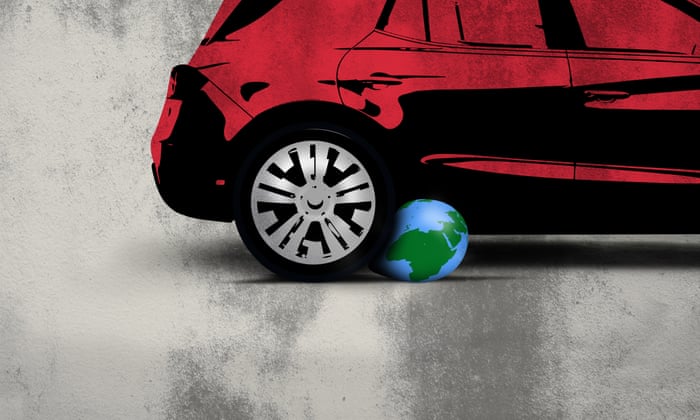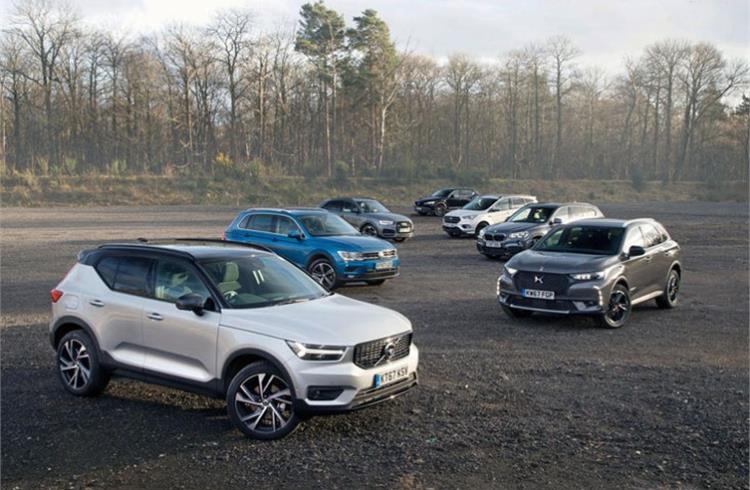The Environmental Impact of SUVs: A Call for Change in Advertising and Vehicle Size

by AutoExpert | 30 November, 2023
Recent developments in the UK highlight a growing concern over the environmental impact of SUVs, leading to a landmark decision by the Advertising Standards Authority (ASA) and a revealing report on global motor emissions.
These events mark a crucial point in the conversation about the automotive industry's role in environmental sustainability.

UK's Crackdown on SUV Advertisements
In a groundbreaking move, the UK's ASA banned two Toyota SUV advertisements, citing them as socially irresponsible in an environmental context. This decision, the first of its kind, stemmed from complaints about a campaign featuring Toyota Hilux vehicles traversing natural terrains recklessly. Critics argue that such advertisements not only condone harmful behavior to the environment but also falsely romanticize the use of SUVs in rugged environments, whereas most are driven in urban settings. This ruling reflects a growing awareness of the environmental implications of advertising high-carbon products and services.

The Global Fuel Economy Initiative Report: A Wake-Up Call
Parallel to the ASA's decision, a report by the Global Fuel Economy Initiative (GFEI) shed light on the substantial impact of rising SUV popularity on global emissions. The report highlighted that emissions from the motor sector could have decreased by over 30% between 2010 and 2022 had vehicle sizes remained constant. Instead, the trend toward larger, heavier SUVs, constituting 51% of the new car market, has led to increased fuel use and higher carbon emissions.

SUVs: Profitable but Problematic
Automotive companies heavily market SUVs due to their high profitability: they command premium prices despite relatively lower manufacturing costs. However, this trend directly contradicts global efforts to reduce carbon emissions. The increasing size and weight of vehicles have counteracted the potential benefits of energy efficiency improvements in the motor industry.

A Call for Restrictive Measures
Experts suggest that governments should intervene to reverse the SUV trend by imposing restrictions on vehicle sizes. This move is crucial not just for environmental sustainability but also for road safety and equitable access to electric vehicles (EVs). The report advocates for a holistic approach, including investment in renewable energy, reversal of fossil fuel subsidies, carbon pricing, and regulations to promote EVs.

Towards a Sustainable Future
The ASA's decision and the GFEI report serve as a stark reminder of the environmental cost of our current transportation choices. They call for a collective shift towards more sustainable practices in the automotive industry, highlighting the need for responsible advertising, government intervention, and consumer awareness. As the world strives for a greener future, these developments underscore the urgent need to reassess our vehicle preferences and policies.

















